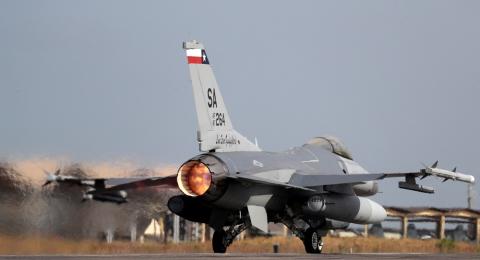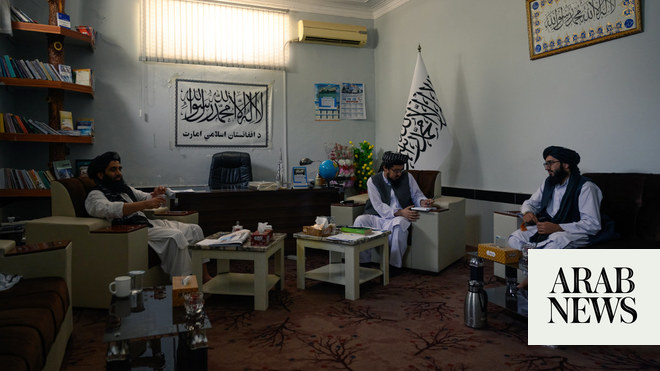
There has been much talk lately about a reconciliation between Recep Tayyip Erdogan’s Turkiye and Bashar Assad’s Syria. Erdogan wants this reconciliation as a way to strengthen his position ahead of June’s Turkish presidential election, as he needs a diplomatic achievement in the wake of his failure to achieve his goals in northern Syria.
Assad, meanwhile, has been exhausted by the war and, after imposing his bitter rhythm on Syria’s land and people, he realized that his bet on the Russians could not lead to the reconstruction of Syria without the consent of the US in particular and the West in general. This is not to mention the required support of the Arab world, led by Saudi Arabia, as King Salman affirmed at the opening of the third year of the eighth session of the Shoura Council last year, in the presence of Crown Prince Mohammed bin Salman, that it was necessary to adhere to UN Security Council resolutions in a manner that preserves Syria’s sovereignty, stability and Arab identity.
The US administration may try to find a reasonable and internationally accepted solution to end the Syrian crisis without showing that it has given up or backed down.
Washington is trying to find a balance between many contradictory interests and goals. Chief among them is America’s support for the Kurds and its geopolitical relationship with Turkiye, a member of NATO. It wants to find a way to end the Syrian crisis and thus begin a peaceful political process in the country.
The US administration believes that Turkiye is an essentialpartner in the Middle East and seeks to work with it to achieve common goals.
Despite this, it deals with Erdogan in the matter of the Syrian crisis with concern for the sake of regional security and stability, especially since the Turkish president apparently has dreams of reviving the Ottoman Empire, which observers view as a pipe dream or an illusion. It is believed that the US administration will not go far in pressuring Erdogan to stop his reconciliation steps with Assad, based on the fact that the Turkish Parliament has not yet ratified Finland and Sweden’s accession to NATO and these two countries joining the alliance would be seen by President Joe Biden as a significant geopolitical victory in the war against Russia.Observers state that the Turkish-Syrian reconciliation may take place with an unannounced American green light, based on the fact that Biden wants to alleviate the crisis in Syria. At the same time, the US president does not want to clash with the Republicans, who will undoubtedly accuse him of weakness on the Syria file.
On the other hand, observers expect that the Biden administration will find itself in a complicated situation, as it has so far refused to reach any solutions in Syria.
While some believe that the US will have the final say on the success of the Turkish-Syrian reconciliation efforts, especially since ending the Kurdish control over northern Syria — whether by handing over the Kurdish areas to the Syrian government peacefully or through a military operation — requires Washington’s approval. The American military presence in Syria also has its strategic justifications, from fighting the remnants of Daesh to narrowing down the Iranian influence in Syria after it has desecrated it for years.
Accordingly, the US administration looks at the Turkish-Syrian reconciliation pragmatically.
• Maria Maalouf is a Lebanese journalist, broadcaster, publisher and writer. She has a master’s degree in political sociology from the University of Lyon.












